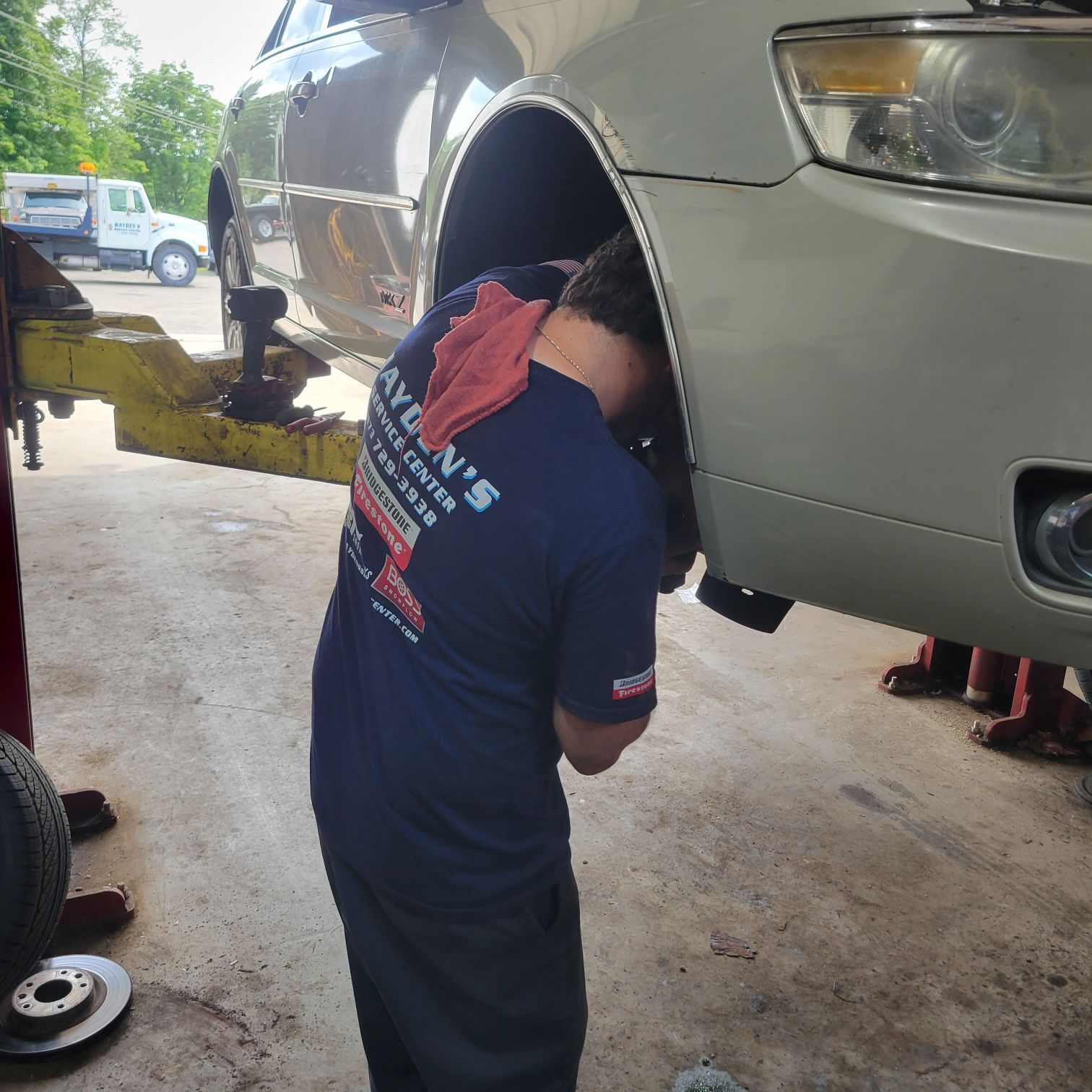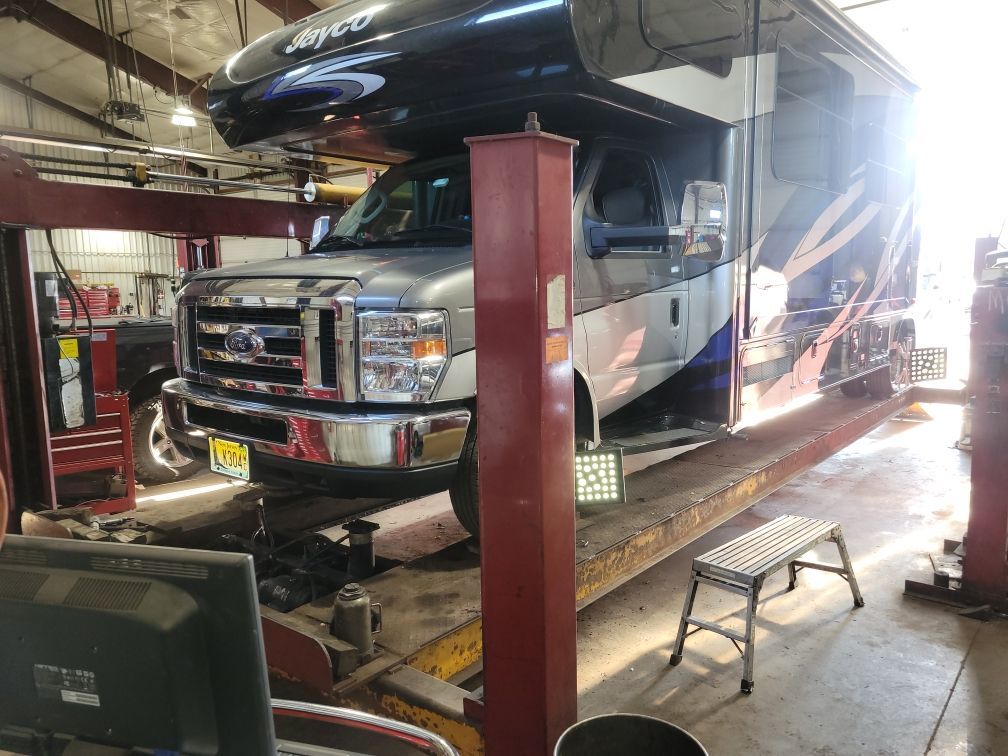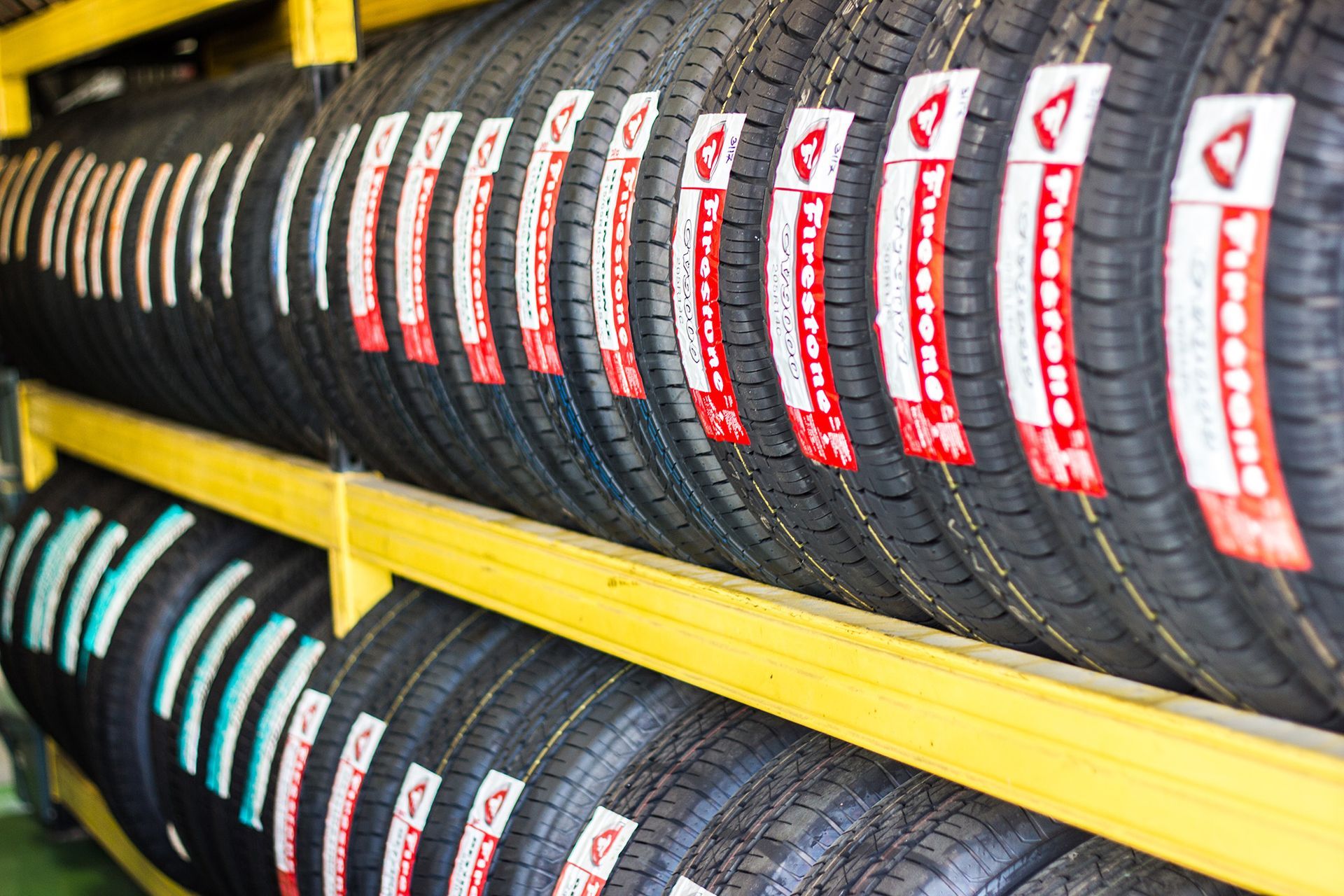Why do my brakes shake?
Chris Web • July 21, 2025
Pressing my brake pedal and my steering wheel and car shakes

If your car shakes when braking, it’s often a sign of a brake system problem—most commonly warped brake rotors. Brake rotors are metal discs attached to your wheel hubs. When you hit the brake pedal, your brake pads press against the rotors to slow the vehicle down. If those rotors are uneven or warped, the contact becomes inconsistent, causing the steering wheel or brake pedal to vibrate.
This shaking usually gets worse at higher speeds or during hard braking. Warping can happen over time due to heat buildup, hard braking, or improper installation. It’s especially common if the rotors have worn too thin or if the lug nuts were over-tightened after a tire service.
In some cases, the problem may be caused by worn brake pads, a sticking caliper, or suspension issues like a bad tie rod or control arm bushing. If the brake caliper doesn’t release properly, it can keep pressure on the rotor and cause it to overheat, which leads to uneven wear and shaking.
Other times, shaking may be related to wheel alignment, tire balance, or loose wheel bearings, but if it only happens when you press the brakes, it's most likely the rotors.
To fix the problem, a shop will usually inspect the brake pads, measure rotor thickness, and check for runout (wobble). The solution may be to resurface the rotors, replace them, or replace the pads if they’re worn or uneven.
Driving with shaking brakes not only affects comfort but also reduces stopping power and increases wear on brake components, so it’s important to have it checked and repaired promptly.
If you’re searching for terms like “brakes shake when I stop,” “steering wheel vibrates while braking,” or “car shakes when I press the brakes,” it’s time for a professional brake inspection to avoid bigger problems.
Let me know your vehicle type and I can give more specific guidance or help contact our service department..





